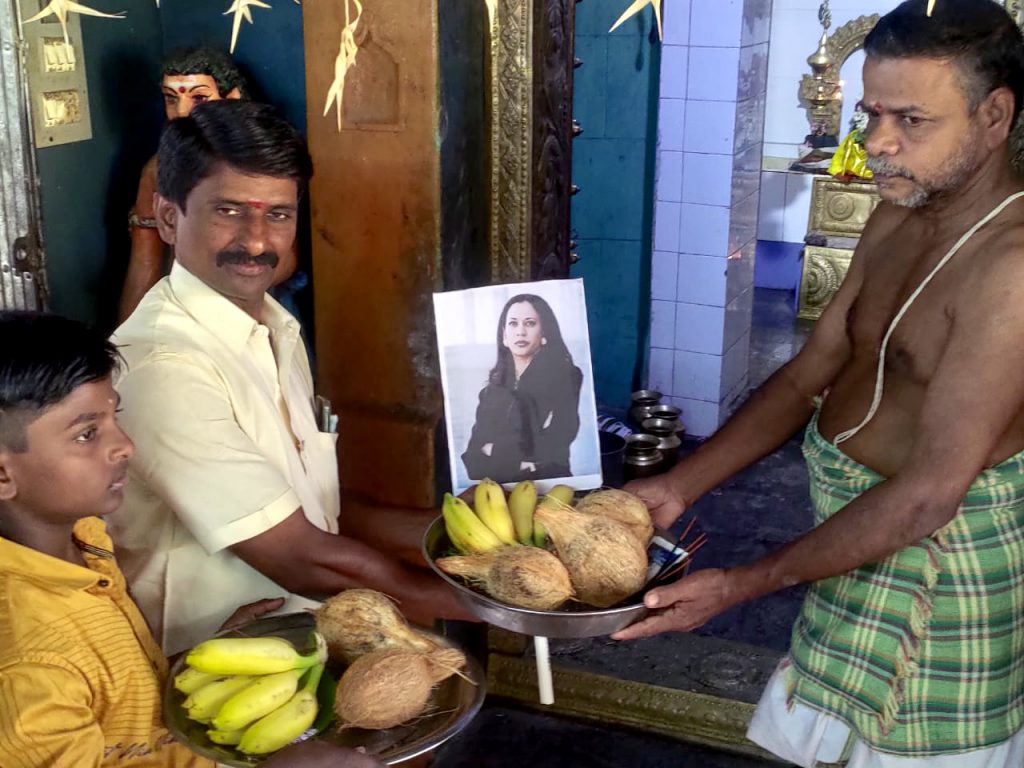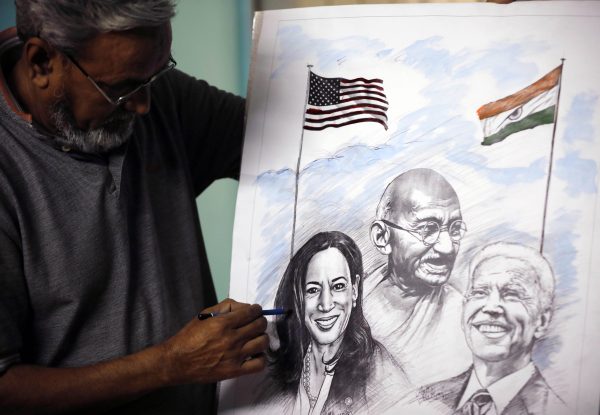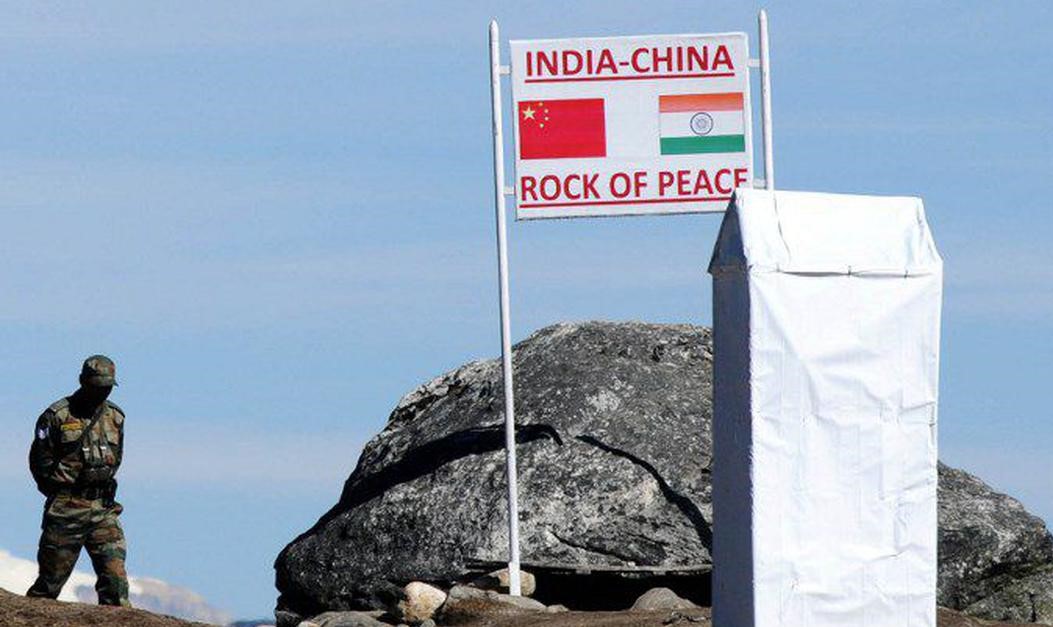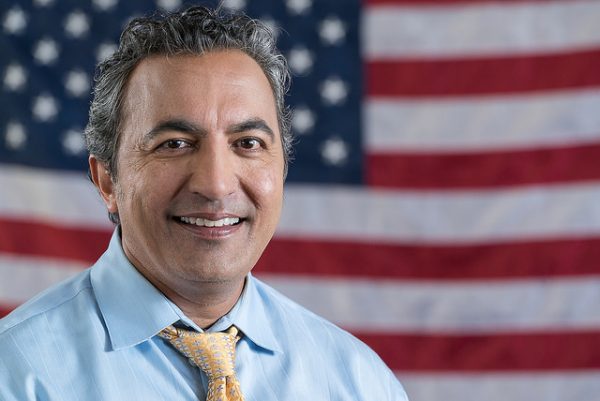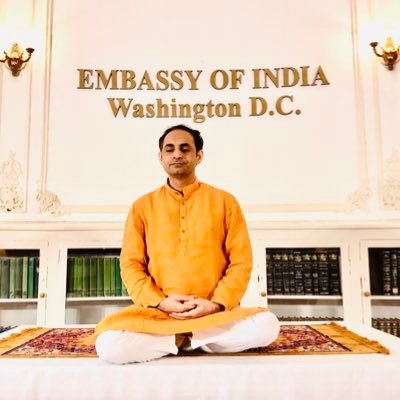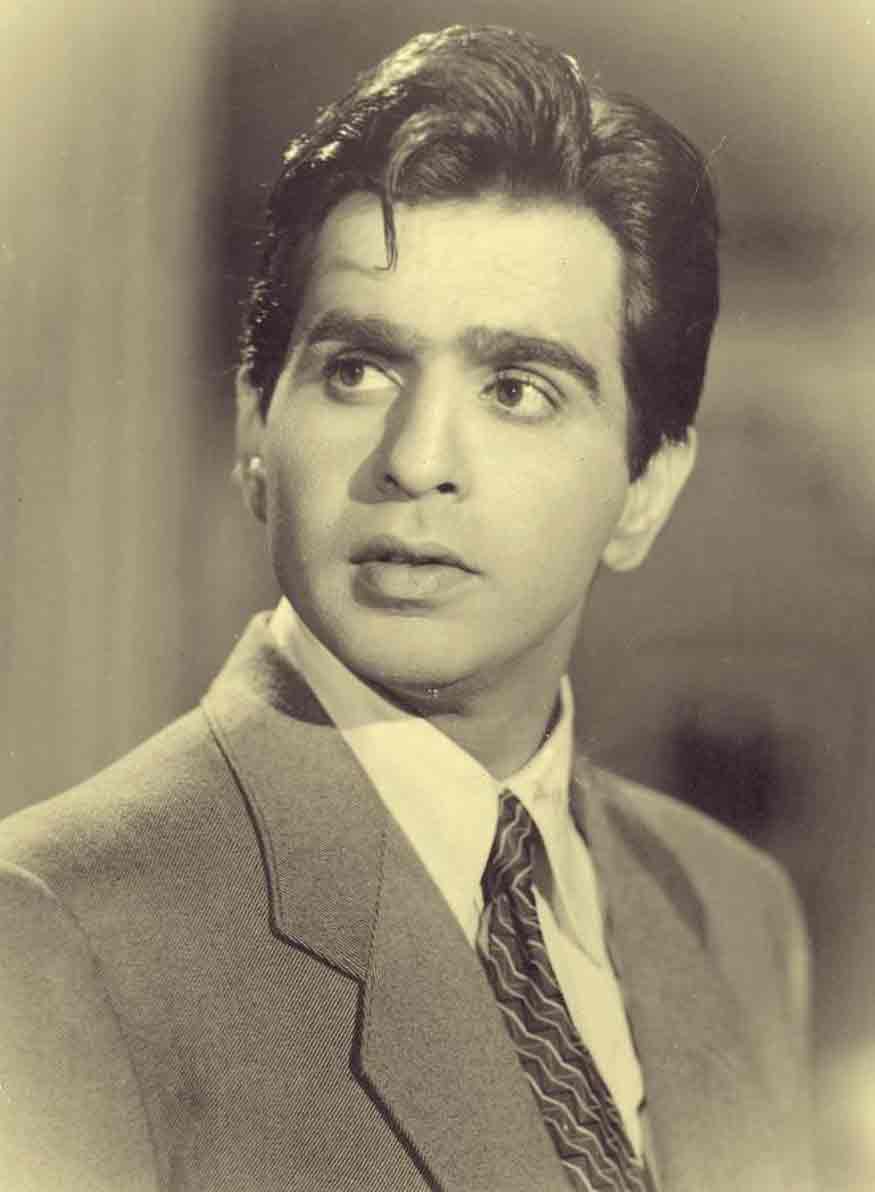The new US administration is in. India has a lot at stake. How will the relationship between the two countries pan out in post-Trump world? Are the statements coming from Washington DC giving a positive signal?
Our Bureau
New Delhi
India will work with the United States to further enhance the bilateral ties to consolidate the vibrant and multi-faceted relations and collaborate on global challenges of common interest, said the Ministry of External Affairs (MEA) on Friday after Joe Biden was sworn as the 46th President of the US.
Prime Minister Modi on Wednesday had congratulated Biden for being sworn in as the new US President and had said the two countries are united and resilient in addressing common challenges and advancing global peace and security. “My warmest congratulations to @JoeBiden on his assumption of office as President of the United States of America. I look forward to working with him to strengthen India-US strategic partnership,” he said.
The Prime Minister had also stated the India-US partnership is based on shared values and he will work with Biden to take it to greater heights.
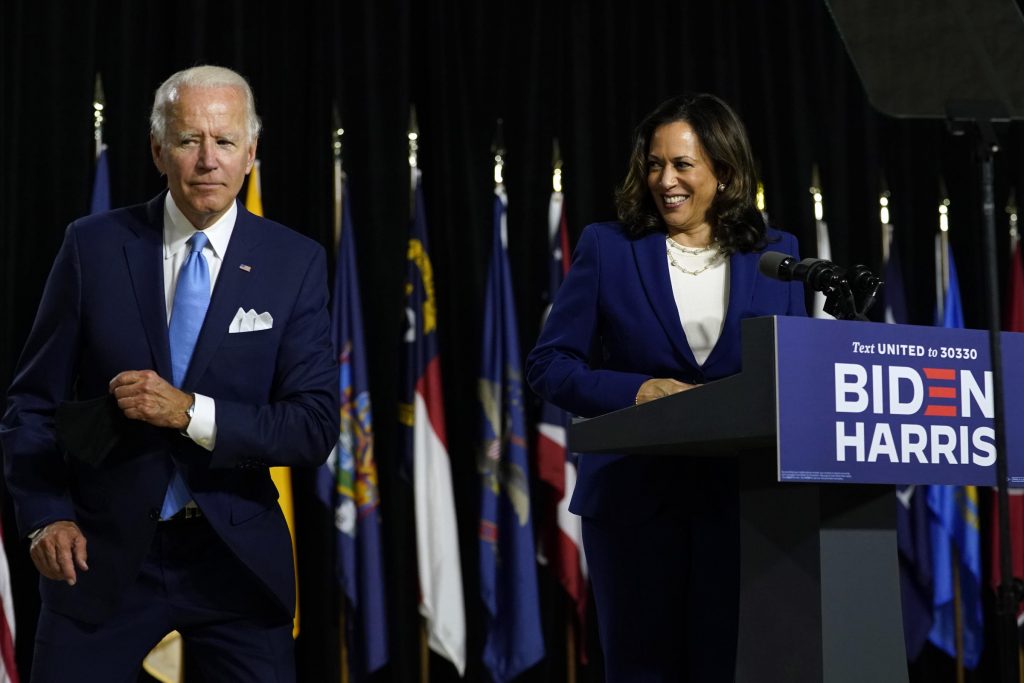
As Biden and his Vice President Kamala Harris get down to work, we look at some of the most important issue and how the statements coming from Washington give hints of policies to come.
- Trade Pact
Biden may not be too keen to immediately pursue the India-US mini-trade deal that was under negotiation. Biden has signaled that signing free trade agreements is not his immediate priority. In an interview with New York Times columnist Thomas Friedman last month, Biden said: “I am not going to enter any new trade agreement with anybody until we have made major investments here at home and in our workers.”
At the same, in his inaugural address on Wednesday, he pledged to “engage with the world once again.”
The mini-trade deal was expected to cover tariff-related concessions for US farm produce, especially dairy items, pricing of pharmaceutical products such as stents and knee implants, and information and communication technology products. In return, Washington was expected to restore benefits accorded to Indian exporters under the Generalized System of Preferences (GSP).
Both sides were also supposed to remove the tit-for-tat tariff hikes after the US raised steel and aluminum tariffs. India also hopes to negotiate a free trade agreement with the US in coming days but a lot will also depend on the stand taken by the new US Trade Representative (USTR) Katherine Tai.
In her maiden speech after being selected for the post, Tai said, earlier this month, that the administration will pursue a “worker-centered trade policy”, a position that looks close to former President Donald Trump’s ‘America First’ approach.
India has been negotiating a trade deal with the US since 2018. However, disagreements over tariffs, subsidies, intellectual property, data protection, and access to agricultural and dairy produce are some of the key sticking points that have led to the deal not getting inked till date. In July last year, India slapped additional customs duties on as many as 28 products, including almonds, walnuts, fresh apples, and pulses.
The US also accused India of denying similar equitable access to US products into Indian markets, like the decision to slash maximum retail prices of life-saving cardiac stents and essential knee implants between 65 percent and 80 percent.
- The China Factor
Biden has not spoken about his China policy in a full-fledged foreign policy address yet, but he did lift the veil somewhat in an interview to Thomas Friedman of The New York Times, addressing a whole range of top-of-the-mind foreign policy issues.
Indians anxious about Biden need not worry. Biden’s China plan is far more strategic than his predecessor’s approach that went from criticizing China to coddling of Xi —Donald Trump made his young granddaughter sing for the visiting leader — to a full-fledged trade war to a trade pact to daily China-bashing in the wake of the pandemic that ultimately consumed Trump’s presidency.
The underlying approach in Biden’s remarks was consistent with what his aides were saying even before his victory. Biden would be “investing in ourselves, renewing our democracy, working with our close partners like India, asserting our value and engaging China from a position of strength”, Antony Blinken, the nominee for secretary of state, had said at an outreach to Indian-Americans in August. He had added, it needs to be noted, “India has to be a key partner in that effort”.
The Biden administration has given an encouraging preview of what’s to come with top officials such as secretary of state nominee Anthony Blinken and defense secretary Lloyd Austin batting for stronger India-US ties.
Biden himself has been a vocal proponent of friendly ties with India and is a familiar face in New Delhi since his days as vice-president under President Barack Obama. Endorsing the India policy of outgoing US President Donald Trump recently, Blinken had said that India has been a “bipartisan success story” of successive American administrations.
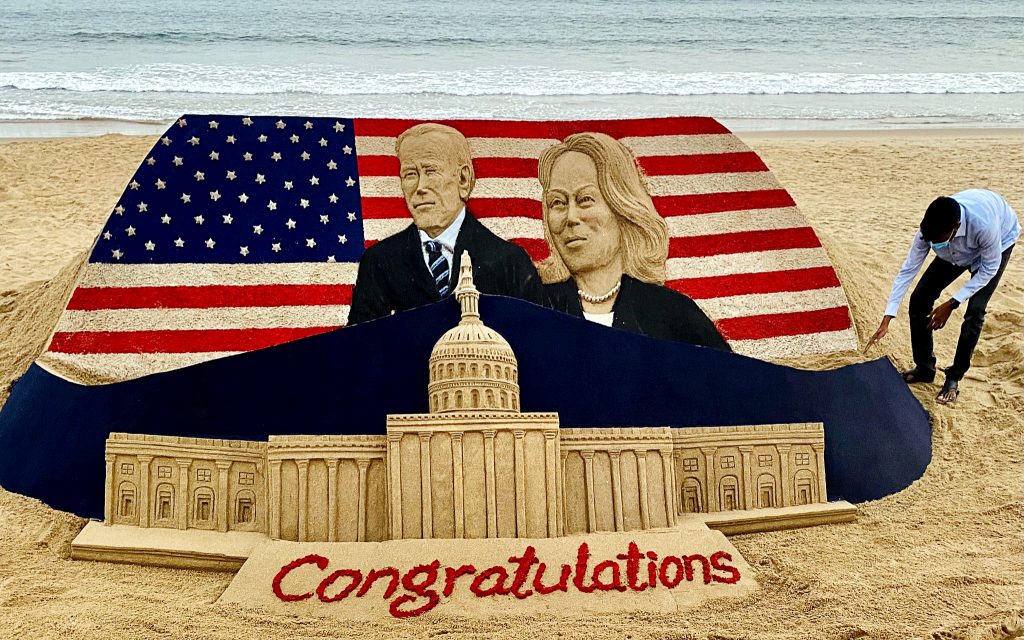
- Defense Relations
The objective of the incoming Joe Biden administration is to continue elevating the US’s defense partnership with India, the new defense secretary nominee told lawmakers.
“If confirmed, my overarching objective for our defense relationship with India would be to continue elevating the partnership,” retired General Lloyd Austin told members of the Senate Armed Services Committee during his confirmation hearing on Tuesday. President-elect Joe Biden has nominated him as his defense secretary.
“I would further operationalize India’s ‘major defense partner’ status and continue to build upon existing strong defense cooperation to ensure the US and Indian militaries can collaborate to address shared interests,” Austin said in response to a question submitted before his confirmation hearing.
He said he would also seek to deepen and broaden the defense cooperation between India and the US through the Quad security dialogue and other regional multilateral engagements. Austin said his understanding is that Pakistan has taken constructive steps to meet US requests in support of the Afghanistan peace process. Pakistan has also taken steps against anti-Indian groups, such as Lashkar-e-Tayyiba and Jaish-e-Mohammed, although this progress is incomplete, he said.
Many factors in addition to the security assistance suspension may impact Pakistan’s cooperation, including Afghanistan negotiations and the dangerous escalation following the Pulwama terrorist attack, Austin said. President Donald Trump had suspended all the financial and security aid to Pakistan in 2018 citing lack of cooperation from Islamabad in the fight against terrorism.
- The Afghanistan Angle
US National Security Adviser Jake Sullivan told his Afghan counterpart that President Joe Biden’s administration will review Washington’s peace deal with the Taliban, the White House said on Friday.
” Sullivan made clear the United States’ intention to review the February 2020 US-Taliban agreement, including to assess whether the Taliban was living up to its commitments to cut ties with terrorist groups, to reduce violence in Afghanistan, and to engage in meaningful negotiations with the Afghan government and other stakeholders,” the National Security Council Spokesperson Emily Horne said in a White House statement. Horne said further that Sullivan expressed America’s desire that “all Afghan leaders embrace this historic opportunity for peace and stability.”
“The National Security Advisors discussed the United States’ support for protecting the extraordinary gains made by Afghan women, girls, and minority groups as part of the peace process,” she added.
The spokesperson said that Sullivan committed to consulting with the Government of Afghanistan, NATO allies, and regional partners regarding a collective strategy to support a stable, sovereign, and secure future for Afghanistan.
” Sullivan underscored that the US will support the peace process with a robust and regional diplomatic effort, which will aim to help the two sides achieve a durable and just political settlement and permanent ceasefire,” Horne said.
The White House official said the US will determine if the Taliban is meeting terms of the deal that call for the insurgents to break from terrorist groups, reduce violence and engage in talks with Kabul.
- Kamala Harris Connection
The historic inauguration of Kamala Harris as America’s vice president has further cemented the importance of the relationship between the United States and India, according to a top White House official.
Addressing reporters at her daily news conference on Thursday, White House Press Secretary Jen Psaki said President Biden respects the long bipartisan successful relationship between the two countries. “President Biden, of course, has visited India many times, respects and values the long bipartisan successful relationship between leaders in India and the United States. It looks forward to a continuation of that, Psaki said responding to a question on India-US relationship under the new Biden administration.
The historic inauguration of Indian-origin Kamala Harris, she said, further cements this relationship. “Obviously, he (Joe Biden) selected and yesterday, she (Kamala Harris) was sworn in as the first Indian-American to serve as president or vice president. Certainly, a historic moment for all of us in this country but a further cementing of the importance of our relationship,” Psaki said.
On Wednesday, Kamala Harris credited her mother for showing faith in her and always reminding her two daughters that “though we may be the first, we should not be the last.”
